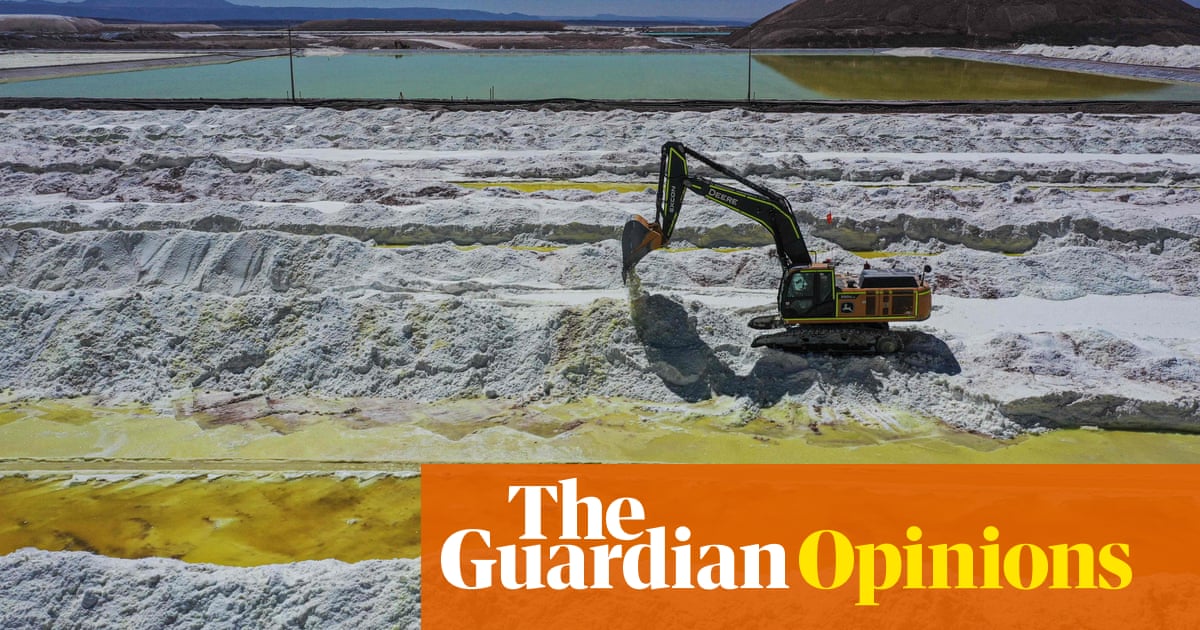Despite its name, the infrastructure used by the “cloud” accounts for more global greenhouse emissions than commercial flights. In 2018, for instance, the 5bn YouTube hits for the viral song Despacito used the same amount of energy it would take to heat 40,000 US homes annually.
Large language models such as ChatGPT are some of the most energy-guzzling technologies of all. Research suggests, for instance, that about 700,000 litres of water could have been used to cool the machines that trained ChatGPT-3 at Microsoft’s data facilities.
Additionally, as these companies aim to reduce their reliance on fossil fuels, they may opt to base their datacentres in regions with cheaper electricity, such as the southern US, potentially exacerbating water consumption issues in drier parts of the world.
Furthermore, while minerals such as lithium and cobalt are most commonly associated with batteries in the motor sector, they are also crucial for the batteries used in datacentres. The extraction process often involves significant water usage and can lead to pollution, undermining water security. The extraction of these minerals are also often linked to human rights violations and poor labour standards. Trying to achieve one climate goal of limiting our dependence on fossil fuels can compromise another goal, of ensuring everyone has a safe and accessible water supply.
Moreover, when significant energy resources are allocated to tech-related endeavours, it can lead to energy shortages for essential needs such as residential power supply. Recent data from the UK shows that the country’s outdated electricity network is holding back affordable housing projects.
In other words, policy needs to be designed not to pick sectors or technologies as “winners”, but to pick the willing by providing support that is conditional on companies moving in the right direction. Making disclosure of environmental practices and impacts a condition for government support could ensure greater transparency and accountability.



“As the photographic industry was the refuge of every would-be painter, every painter too ill-endowed or too lazy to complete his studies, this universal infatuation bore not only the mark of a blindness, an imbecility, but had also the air of a vengeance. … I am convinced that the ill-applied developments of photography, like all other purely material developments of progress, have contributed much to the impoverishment of the French artistic genius, which is already so scarce. … it is nonetheless obvious that this industry, by invading the territories of art, has become art’s most mortal enemy, and that the confusion of their several functions prevents any of them from being properly fulfilled. … If photography is allowed to supplement art in some of its functions, it will soon have supplanted or corrupted it altogether, thanks to the stupidity of the multitude which is its natural ally.”
-Charles Baudelaire, On Photography, from The Salon of 1859
yes, baudelaire was right. he still is
So few people learn the soulful art of the organ ever since the damn pianoforte came along! And the guitar is so easy that art will die, because anyone can learn to strum chords!